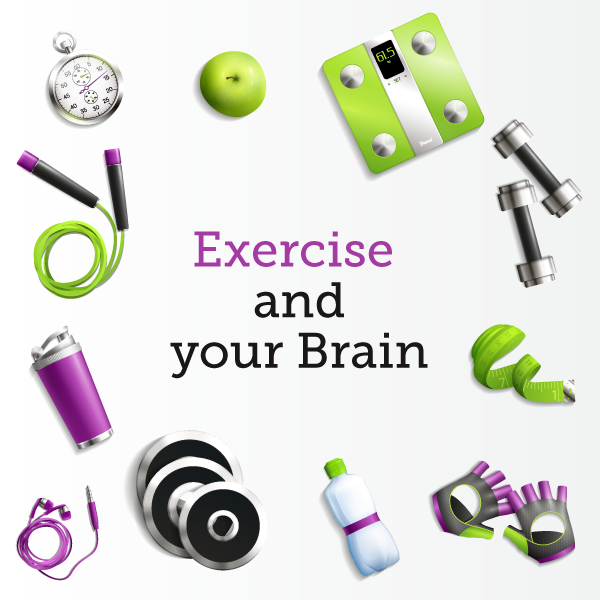
![]() 29 Mar 2021
29 Mar 2021
You already know what exercise does to your body, but that’s not the only benefit to exercising though; did you know it can also boost your mood, improve your sleep, and help you deal with depression, anxiety, and stress?
Exercise is not just about muscle size or aerobic capacity. Sure, it can improve your physical health, help you shed a few pounds, and even prolong your existence on Earth for a little longer, but that’s not the main reason people commit to exercising.
People who exercise on a weekly basis tend to do so because it gives them a huge sense of satisfaction. They feel more energetic throughout the day, sleep better at night, have sharper memories, and feel more positive about themselves and their lives. Just a little boost to their self-esteem, you know? More importantly, it’s also a powerful medicine for many common mental health challenges.
Regular exercise can have a very positive impact on depression, anxiety, and ADHD. It also relieves stress and uplifts your overall mood. Research indicates that even small amounts can make an actual difference. No matter your age or fitness level, you can learn to use exercise as a powerful tool to deal with any mental health problems.
Studies show that exercise can treat mild to moderate depression as effectively as antidepressant medication, but of course, without the side-effects. It is a powerful depression fighter for many reasons, and a few examples are, promoting all kinds of changes in the brain, including neural growth, reducing inflammation and new activity patterns that promote feelings of calmness and well-being. It also releases endorphins, which make us very, very happy.
Exercise is a natural and effective anti-anxiety treatment. It relieves tension and stress, boosts physical and mental energy, and enhances well-being through the release of endorphins. Anything that gets you moving can help.
Have you noticed how your body feels tense when you’re under stress? Most commonly in your face, neck, and shoulders? You may feel tightness in your chest, a pounding pulse, or muscle cramps. That’s where exercise plays one of its most important roles. Physical activity helps to relax the muscles and relieve tension in the body. Since the body and mind are so closely linked, when your body feels better so will your mind.
Exercising regularly is one of the easiest and most effective ways to reduce the symptoms of ADHD. It also improves concentration, motivation, memory, and mood. Physical activity immediately boosts the brain’s dopamine, norepinephrine, and serotonin levels—all of which affect focus and attention. In this way, exercise works in much the same way as ADHD medications such as Ritalin and Adderall. Imagine that!

Your message is sent